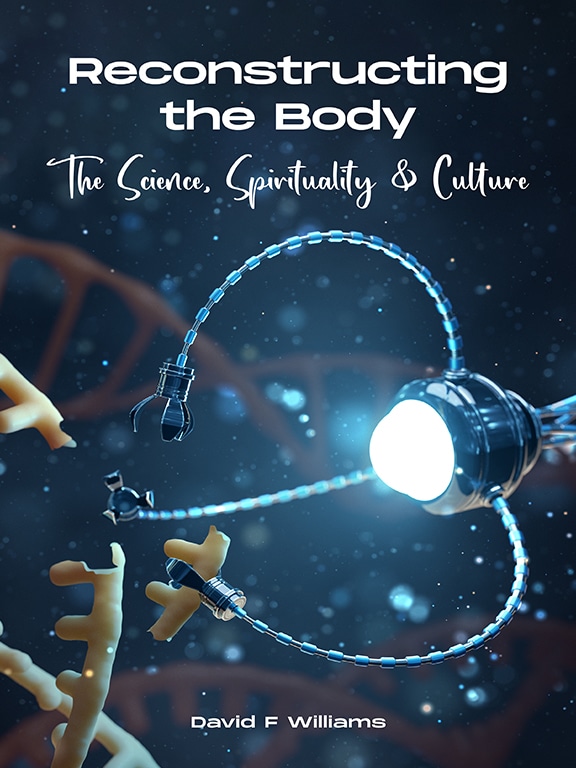care for the elderly and may substitute religious rituals for traditional medicine or even isolate and alienate older people from the broader social community.
As I am reviewing this section in August 2021, I note an article in the Economist about the insertion of concepts of vitalism into this debate. I shall leave aside some of the personal information and merely report the principles. Vitalism is the doctrine that asserts that the processes of life are not explicable by the laws of science but are controlled by other ‘vital’ factors. This leads to the belief that life must be preserved at all costs. This upsets all rational thought of the dominion of death. The case in point involved a child born (in the USA) with grave heart and lung conditions such that all physicians agreed that she could not improve. Because of the parents’ views and the support of a ‘Right to Life’ organization, she spent the next two years on ‘life support’, as the case bounced around, without final resolution, between various courts of law. This principle, and the uncertainty of the law, has meant that intensive-care units have been housing increasing numbers of such patients, including brain-dead patients, much against the wishes, and indeed well-being, of clinical staff and reducing availability of beds to patients who do stand a chance of getting better. The fact is that some of the technologies described in this book, especially concerning organ-supportive devices make it increasingly difficult for patients to die in these ICUs. The other relevant fact is that the care of this one patient has already cost $24 million, paid by Medicare; it is interesting to speculate just how many patients could have parts of their bodies reconstructed to very great effect, through the better use of this money.
The scientific, spiritual, and pragmatic aspects of our ability to interfere with the quality and quantity issues of life are interwoven since there is no clear, logical separation, chronologically or evolutionary, between them. I dwell to some extent on historical perspectives, invoking case studies and personal perspectives, but largely write in present or future tenses. The discussions shall venture into the interface between artificial and natural intelligence, into the various beliefs about the definition of death, and the psychology of fundamentally changing an individual by the introduction of a new heart, or a new face, or even a new penis or pair of breasts.

